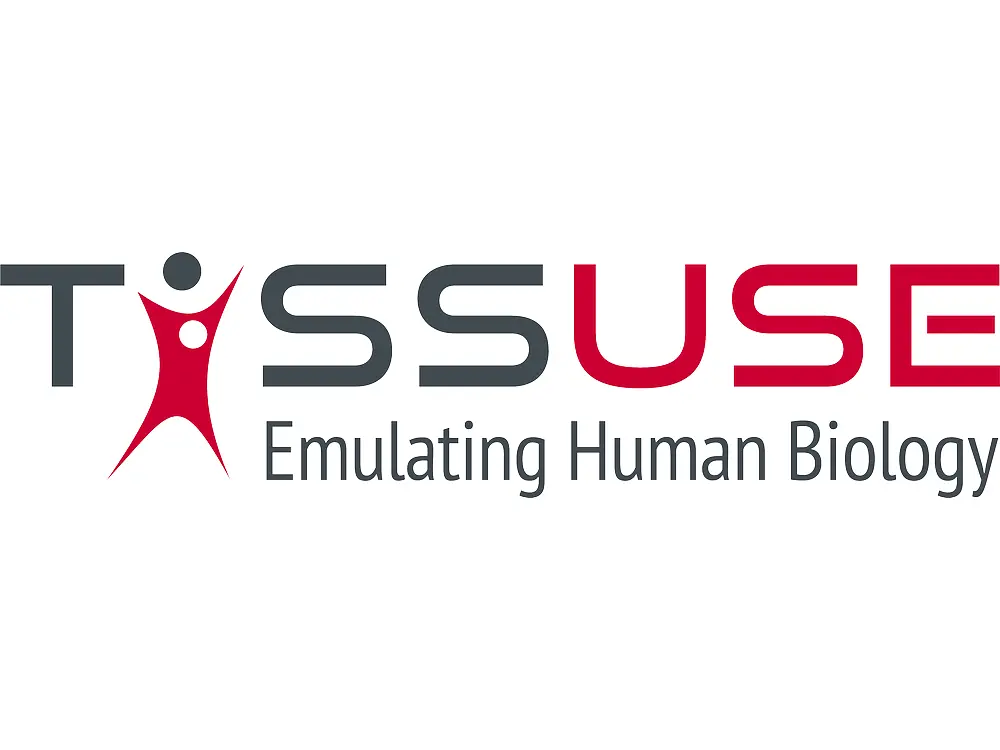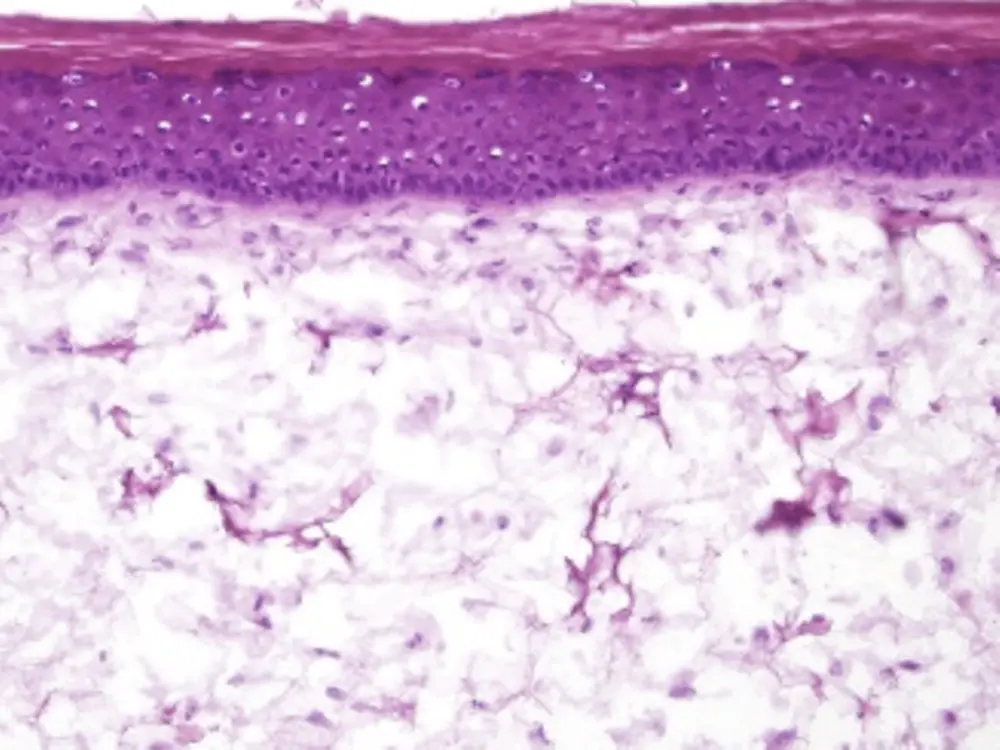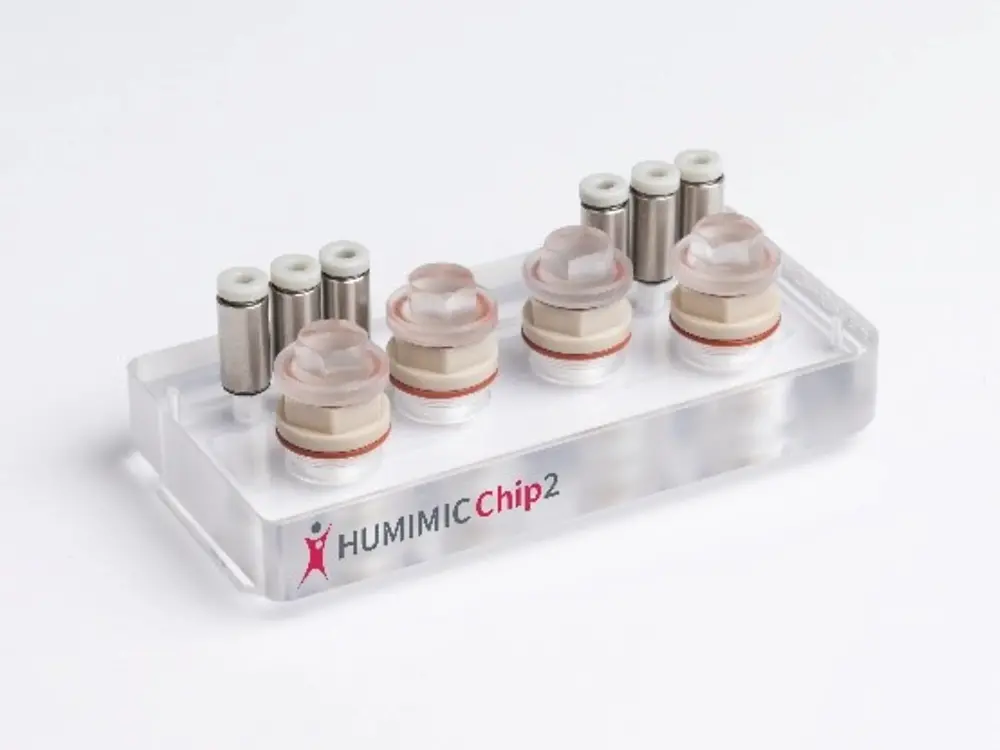The TissUse GmbH, located in Berlin, Germany, has developed a unique, proprietary, and patent-protected multi-organ-chip platform to accelerate the development of pharmaceutical, chemical, cosmetic, and personalized medical products.
Nov 20, 2023
TissUse GmbH, Germany, develops innovative microfluidic multi-organ systems with miniaturized Phenion® FT Skin Models as the dermal component
For the first time, the Phenion® Full-Thickness (FT) Skin Model has been integrated into TissUse’s HUMIMIC skin-liver Chip2. To fit into the chip, the FT skin model underwent miniaturization, while conserving all morphological and physiological features characteristic of the standard version. Within the chip, the skin tissue was co-cultured with liver organoids, enabling a comprehensive in vitro analysis of the metabolic fate of the hair dye 4-amino-2-hydroxytoluene (AHT), following dermal exposure.
The permeation of AHT through the full-thickness skin model closely resembled the situation observed within human skin, whereas it was increased in pure epidermal models, which were simultaneously tested in the study. Notably, all tested skin models demonstrated their metabolic competence, exemplified by the detection of N-acetyl-AHT, a major metabolite of AHT in the human skin.
These promising results were recently published by Brandmair et al. in the Journal of Applied Toxicology (2023). This study was funded by the Cosmetics Europe LRSS initiative, with experiments conducted at TissUse and Beiersdorf AG, Germany.
Moreover, in a study published earlier this year, the Phenion® FT skin models were part of a skin-liver-thyroid chip (HUMIMIC Chip3; Tao et al., Frontiers in Pharmacology, 2023). According to the authors, “This skin-liver-thyroid Chip3 model is closer to the in vivo situation compared to more traditional in vitro static monoculture methods.”
In conclusion, the published data convincingly demonstrate the advantages of TissUse’s HUMIMIC Chip technology in metabolic studies. Furthermore, they underscore suitability and physiological competence of the Phenion® FT skin models to accurately mimic the dermal route of exposure in the multi-organ chips.
More information and details about Phenion and its products can be found at www.phenion.com or www.phenion-us.com.
More information about TissUse GmbH can be found at www.tissuse.com.





